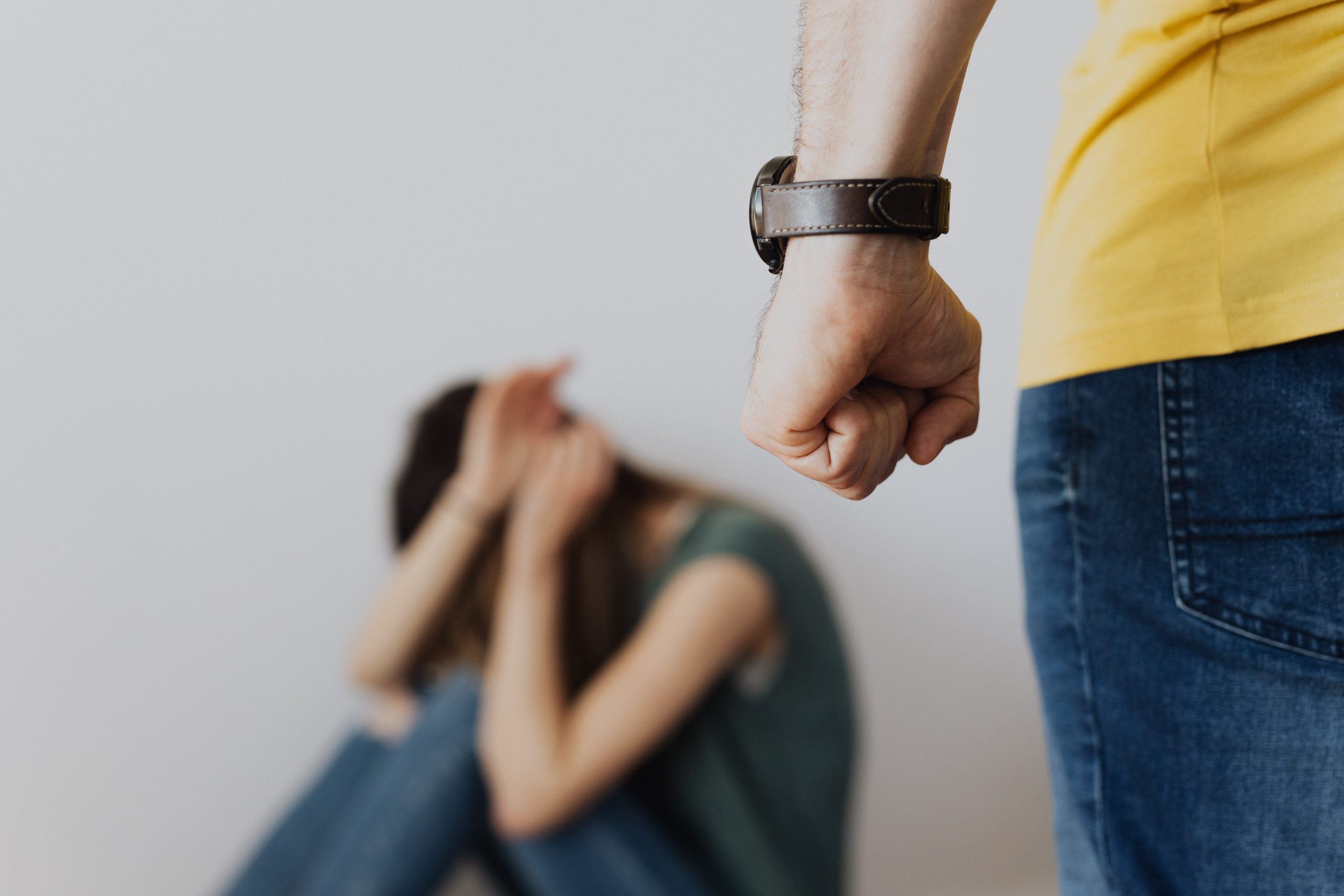Behind Closed Doors: The Dark Reality of Domestic Violence
Domestic violence in matrimonial relationships is a serious problem that affects millions of people worldwide. It can take many forms, including physical, emotional, and psychological abuse, and can have devastating consequences for the victim.
Physical abuse is perhaps the most well-known form of domestic violence. It can involve hitting, slapping, kicking, or any other form of physical harm. In many cases, physical abuse is accompanied by emotional abuse, which can be just as damaging. Emotional abuse can include verbal attacks, humiliation, and controlling behaviors that can leave the victim feeling powerless and isolated.
Psychological abuse is another form of domestic violence that is often overlooked. It involves using threats, intimidation, and manipulation to control the victim. This can include isolating them from friends and family, monitoring their every move, and using their children as a tool for control.
In matrimonial relationships, domestic violence can have significant consequences. It can lead to physical injury, emotional trauma, and even death. It can also have long-term effects on the victim’s mental health, including anxiety, depression, and post-traumatic stress disorder (PTSD).
One of the most challenging aspects of domestic violence in matrimonial relationships is that it often goes unnoticed. Victims may feel ashamed or afraid to speak out, and the abuser may use their position of power and control to manipulate the situation. This can make it difficult for friends and family members to recognize the signs of abuse and offer support.
However, it is essential to break the cycle of domestic violence in matrimonial relationships. If you or someone you know is experiencing domestic violence, there are steps you can take to get help. These include:
Seek support from a domestic violence hotline or advocacy group. They can provide resources, guidance, and support as you navigate this difficult situation.
Consider leaving the relationship if you feel unsafe. This may involve developing a safety plan, seeking a restraining order, or finding a safe place to stay.
Document the abuse. Keep a record of any incidents of abuse, including dates, times, and details of what happened. This can be helpful if you decide to seek legal action.
Seek counseling. Individual or couples counseling can be helpful for addressing the underlying issues that may be contributing to the violence. However, it’s essential to prioritize your safety and seek counseling only if it feels safe to do so.
Get support from friends and family. Talk to trusted friends and family members about what you’re going through and ask for their support. Having a support system can be helpful when dealing with domestic violence.
In conclusion, domestic violence in matrimonial relationships is a serious problem that affects many people worldwide. It can have devastating consequences for the victim, both physically and emotionally. However, there are steps you can take to get help and break the cycle of abuse. If you or someone you know is experiencing domestic violence, don’t hesitate to seek help.

